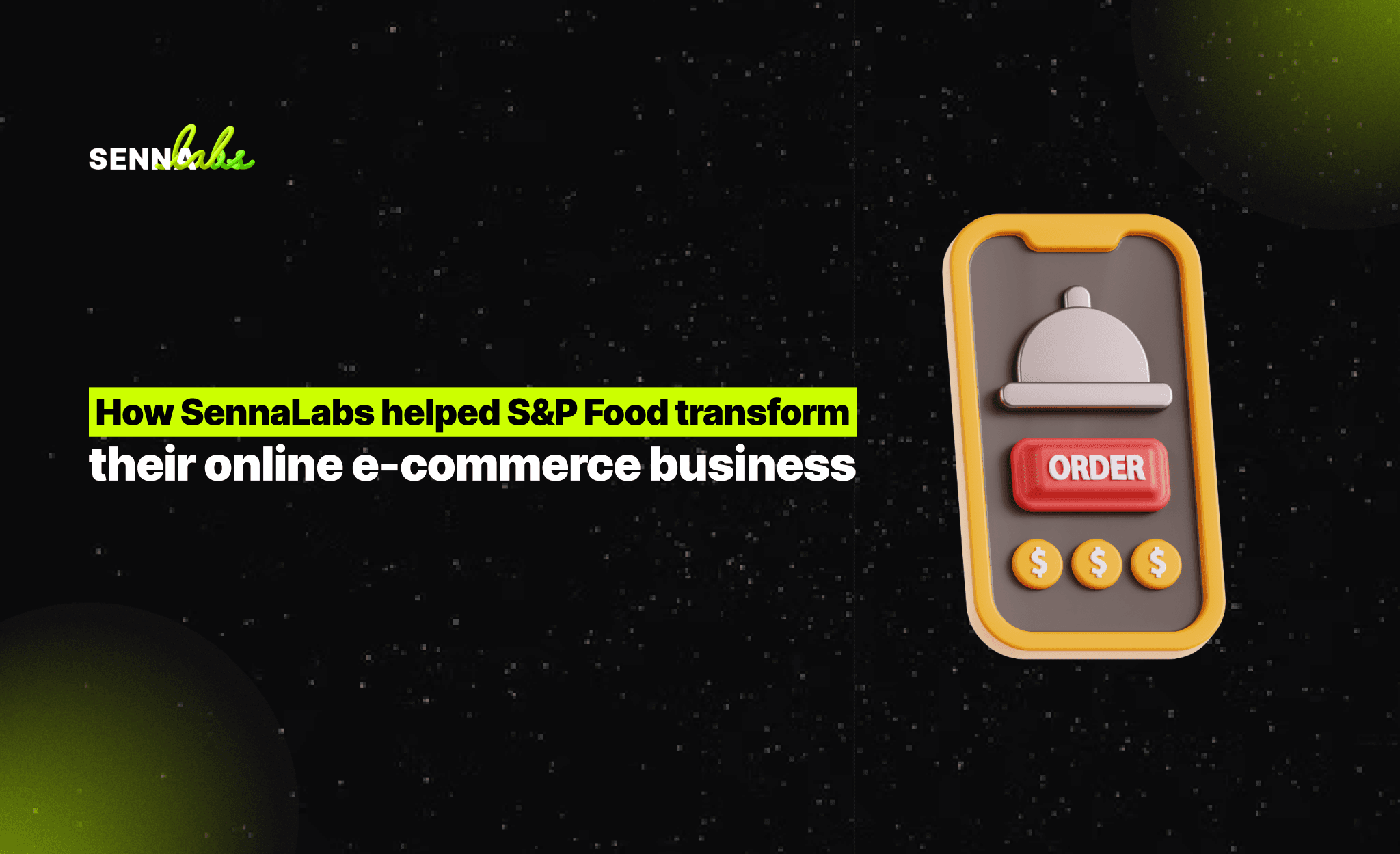The E-commerce Platform Dilemma: Off-the-Shelf vs. Custom – Making the Right Choice for Your Business

In the dynamic landscape of online retail, your e-commerce platform is the backbone of your digital presence. It's your virtual storefront, your sales engine, and your brand ambassador. The decision of whether to embrace an off-the-shelf solution or embark on a custom-built journey is a pivotal one, with far-reaching consequences for your business's trajectory. Let's delve into the intricacies of each approach and uncover real-world examples to guide your decision-making process.

Off-the-Shelf E-commerce Platforms: Ready, Set, Sell!
Off-the-shelf platforms, like Shopify, BigCommerce, and Squarespace, offer a convenient and rapid entry into the e-commerce realm. They come pre-packaged with essential features, templates, and integrations, enabling you to launch your online store in a matter of days, not months.
Advantages:
-
Speed: Get your store up and running swiftly, capitalizing on market opportunities.
-
Affordability: Lower initial costs make them attractive to startups and budget-conscious businesses.
-
Ease of Use: Intuitive interfaces and drag-and-drop builders simplify store management.
-
Integrated Solutions: Built-in tools for payments, shipping, and marketing streamline operations.
-
Regular Updates: Benefit from continuous platform enhancements and security patches.
Disadvantages:
-
Limited Customization: Templates and themes may restrict your ability to differentiate your brand.
-
Scalability Challenges: May struggle to accommodate rapid growth or complex requirements.
-
Transaction Fees: Some platforms impose fees on each sale, impacting profitability.
Who Should Consider Off-the-Shelf Platforms?
Off-the-shelf solutions are ideal for small to medium-sized businesses seeking a quick and budget-friendly entry into e-commerce. They're also well-suited for businesses with standard product catalogs and straightforward operations.
Real-World Examples:
-
Gymshark: The fitness apparel giant leveraged Shopify's scalability to achieve phenomenal growth.
-
Kylie Cosmetics: Kylie Jenner's beauty empire skyrocketed using Shopify's user-friendly interface and app ecosystem.
-
Allbirds: The sustainable shoe brand embraced Shopify's ease of use and customization options.
Custom E-commerce Platforms: Crafting Your Digital Masterpiece
Custom e-commerce platforms are tailor-made to your exact specifications, providing unparalleled control, flexibility, and scalability. They're built from the ground up to align with your unique brand identity, business processes, and long-term goals.
Advantages:
-
Complete Control: Shape every aspect of your store's design, functionality, and user experience.
-
Unlimited Scalability: Engineer a platform that effortlessly adapts to your evolving needs.
-
Unique Features: Differentiate your brand with innovative functionalities not found elsewhere.
-
Performance Optimization: Fine-tune every element for optimal speed and seamless interactions.
Disadvantages:
-
Higher Upfront Cost: Requires a significant investment in development and ongoing maintenance.
-
Longer Development Time: Building a custom platform demands time and meticulous planning.
-
Technical Expertise: Necessitates a skilled team of developers to create and manage the platform.
Who Should Consider Custom Platforms ?
Custom solutions are a strategic choice for established businesses with complex requirements, unique product offerings, or a strong desire to cultivate a distinctive brand identity. They're also suitable for businesses anticipating rapid growth and those seeking complete control over their e-commerce ecosystem.
Real-World Examples:
-
Farfetch: The luxury fashion marketplace built a custom platform to cater to its high-end clientele.
-
Amazon: The e-commerce behemoth continuously evolves its custom platform to offer an unparalleled shopping experience.
-
Apple: The tech giant's custom platform seamlessly integrates its online store with its product ecosystem.
Making the Choice: It's All About Your Business
The decision between off-the-shelf and custom e-commerce platforms hinges on a careful evaluation of your business's specific needs, resources, and aspirations.
Consider these key questions:
-
What is your budget?
-
How quickly do you need to launch?
-
What level of customization do you require?
-
What are your long-term growth plans?
-
Do you have in-house technical expertise?
Remember, there's no one-size-fits-all answer. The ideal platform for your business is the one that empowers you to achieve your e-commerce goals while delivering an exceptional experience for your customers.


Subscribe to follow product news, latest in technology, solutions, and updates
Other articles for you



Let’s build digital products that are simply awesome !
We will get back to you within 24 hours!Go to contact us Please tell us your ideas.
Please tell us your ideas.












